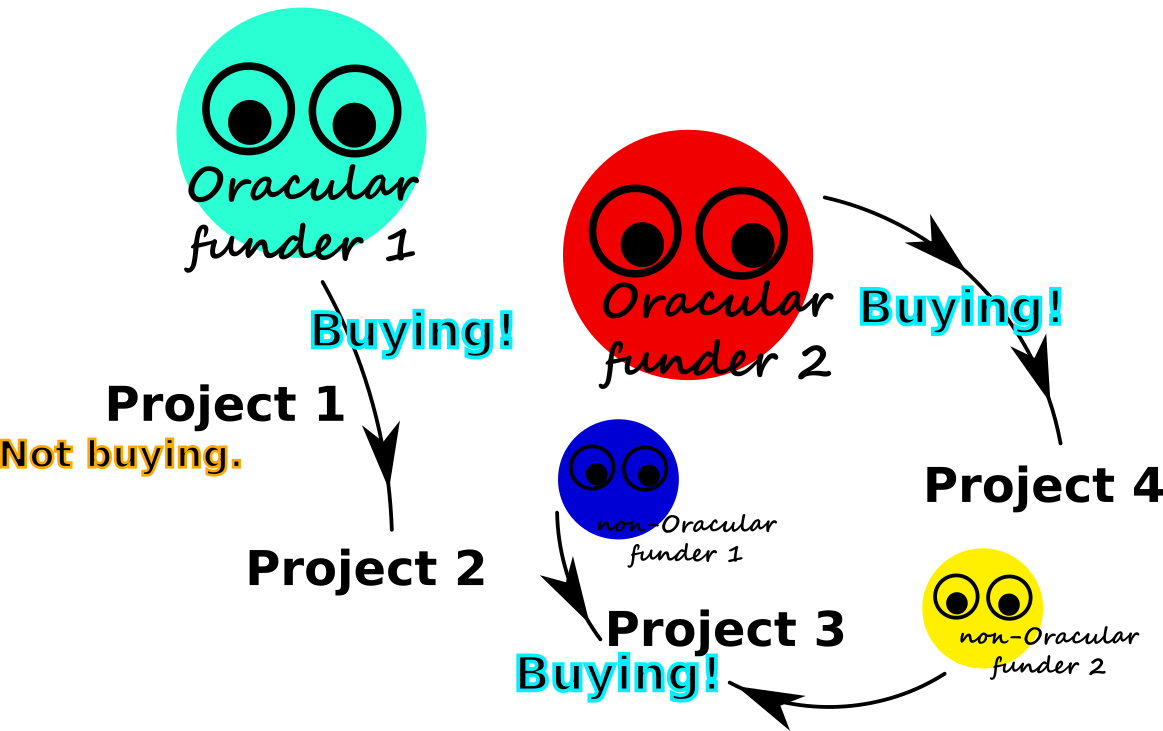Scott Alexander suggested, regarding impact markets, among others:
investors can sell their impact certificates to a final oracular funder for more than they paid, making a profit.
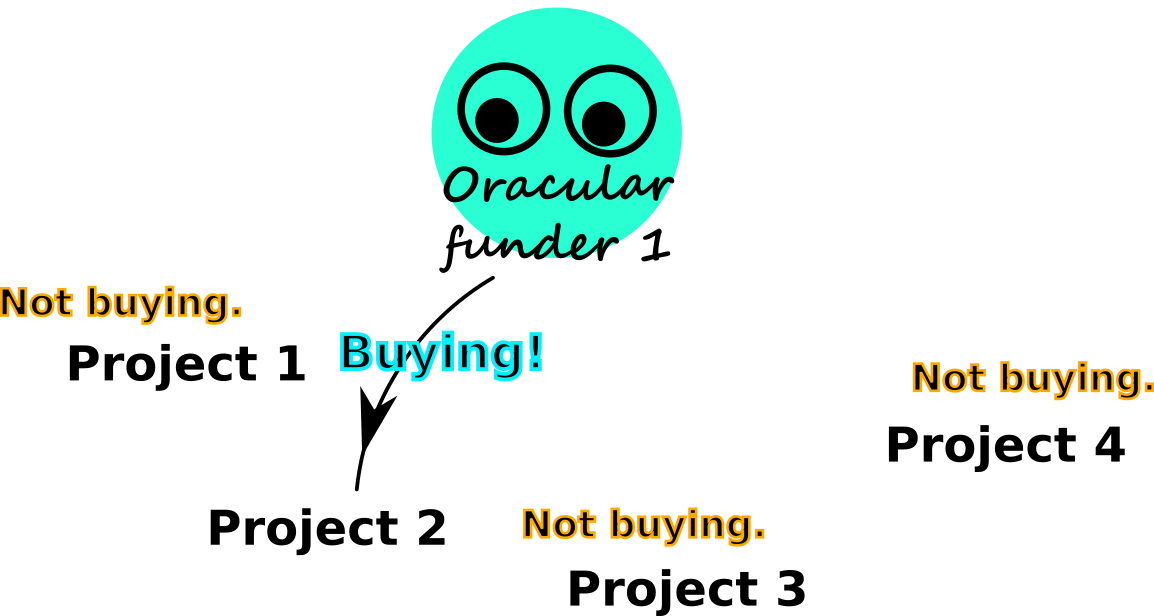
Resource constraints:
Resource-constrained investors can be willing to invest relatively little beyond their time, even if the expected profit is high, if the probability of the certificate purchase is relatively low.
For example, an individual may be willing to take a week to conduct a research for which they paid participants a total of $500. Since this research can be highly impactful, it may be currently worth up to $10,000. But, the chance that anyone buys it is only 1 in 10.
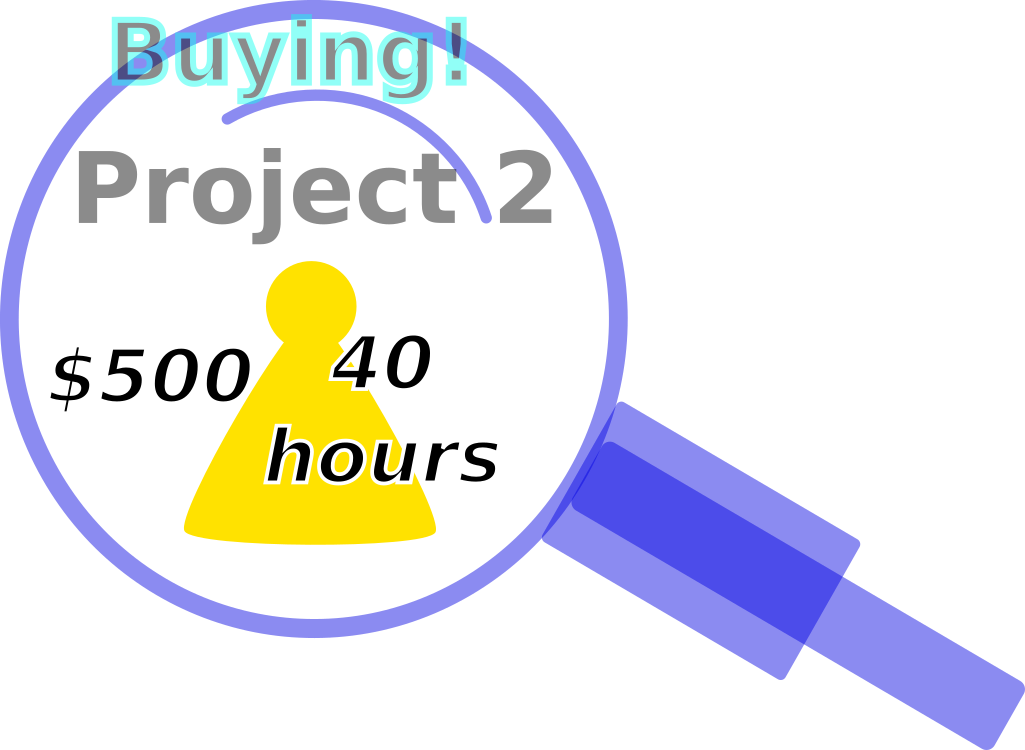
Addressing resource constraints:
Investor groups who collectively have substantial time and money may decide on specific projects, depending on their value and probability of purchase predictions.
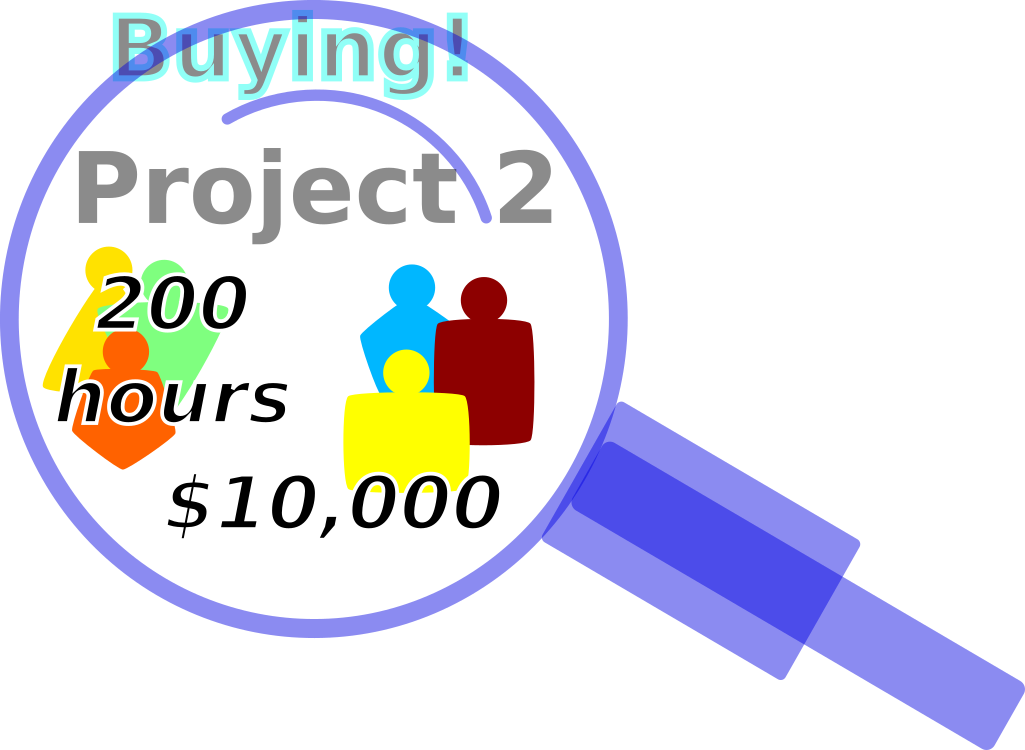
Liking constraints:
Oracular funders may like only some projects. For example, they may be enthusiastic about wild animal welfare and sometimes consider funding also biosecurity and universal income projects but generally only purchase wild animal welfare research.
Then, a highly impactful project with a large investment may go unpurchased. Those who worked on it and funded it may be able to diversify their portfolio to prevent losses but they may also refrain from taking the risk.
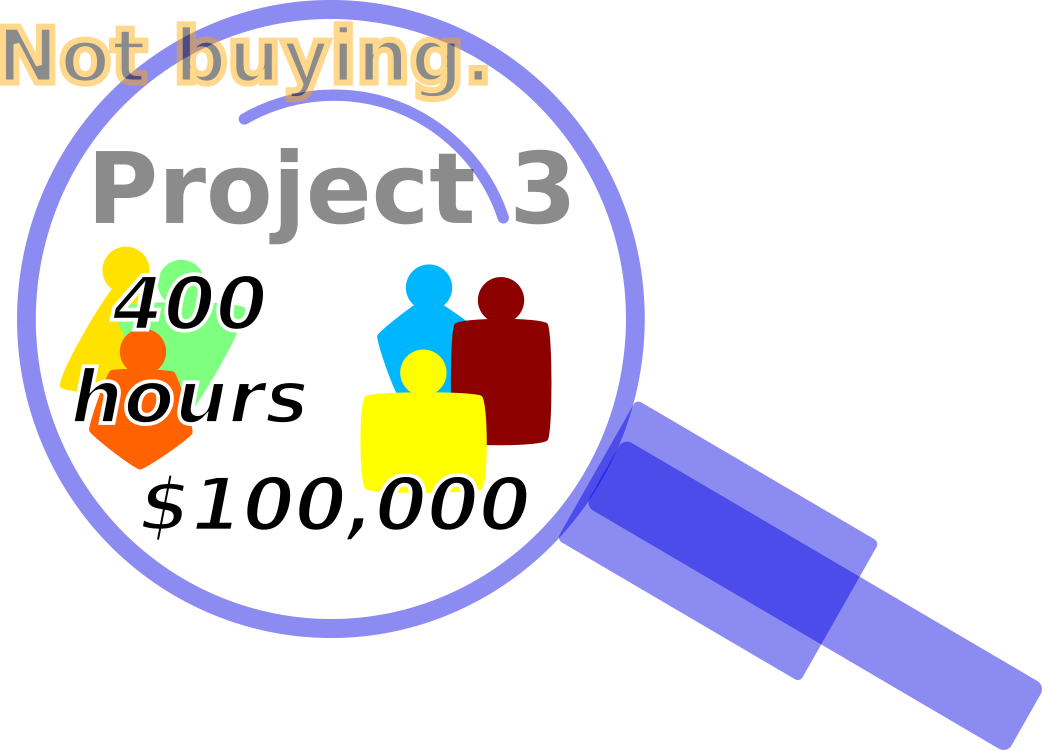
Addressing liking constraints:
Different oracular and non-oracular funders can together prefer a greater variety of impact certificates.
For instance, if someone developed effective but bulky personal protective suits, a group understood what makes farmers commit a pesticide suicide, another group piloted an algorithm that checks for unsafe algorithm developments, and other investors made a media campaign for affordable fortified chicken feed, at least someone can be interested in any.
